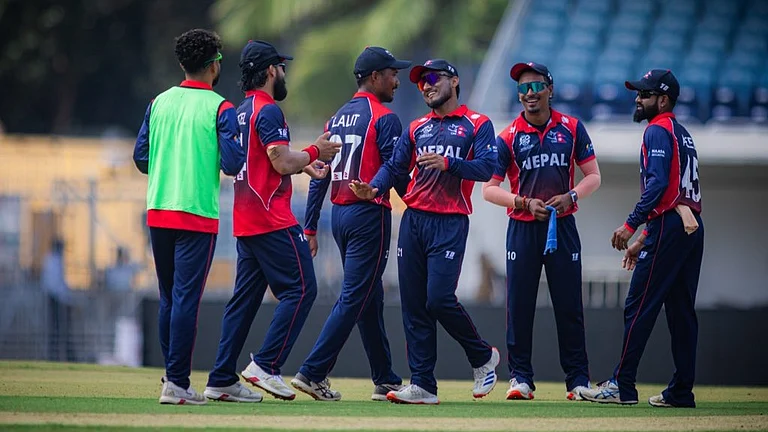Q. Does a ‘no’ to Vedic astrology mean a ‘yes’ to western science?
Bhatkar: Vedic astrology is one of the six limbs of the Vedic knowledge-system. Jyotish-shastra—that combines astronomy and astrology—is a coherent, consistent and comprehensive body of knowledge with theory, practice and underlying mathematical models, and is certainly a science. A science of extremely complex entities like human beings. It is a ‘swadeshi’ science not in the political sense because of its origin in India. Like yoga and ayurveda, only when the western world embraces astrology will we give it serious consideration.
Jayaraman: Astrology is a pseudo-science. Science is universal. There is no such thing as ‘western’ or ‘Indian’ science. The term ‘Indian science’ is an insult to the universally accepted and respected achievements of our scientists and thinkers.... Scientists in all cultures tried to break loose from dogma and superstition. Arya-bhatta was no advocate of astrology.
Q. Do the sun, moon, planets affect life?
Bhatkar: Planets and stars affect the oceans, weather, plants and trees...each and every constituent of our world, and each moment of our life. Our days and nights are made by the solar system.
Jayaraman: No scientist can say that. The claims of astrology are untrue and have been scientifically proven to be baseless.
Q. Is astrology Hindutva science?
Bhatkar: Not in the sense you would want it to mean. It is a science that originated in India in the Vedic times. I recommend that the UGC introduce a study of the nomadic practices of forecasting or parrot astrology. Like our recent explorations of nomadic medicine.
Jayaraman: Vedic astrology is part of the obscurantist, backward-looking programme of Hindutva. If they can get away with this in the natural sciences, think of the havoc they can play in the social sciences like history.
Q. Can you predict the future of astrology courses?
Bhatkar: I have not been monitoring the status and progress of Vedic astrology courses, but I predict that they are bound to be well received by people in the coming years. In the 21st century, characterised by great uncertainties and the clash of value-systems, more and more people will be attracted to this Indian-knowledge system. I am absolutely sure of that.
Jayaraman: I don’t know about the courses and wouldn’t be able to tell, but I can definitely predict the fate of our universities if this trend continues. They will degenerate into teaching shops which will produce scientifically illiterate generations. India, with the nuclear bomb in one hand and the horoscope in the other, will be a laughing stock of the whole wide world.


























